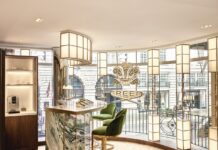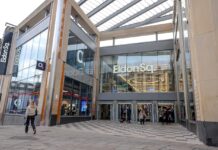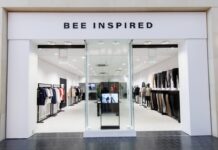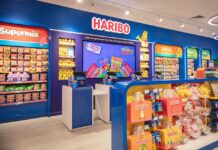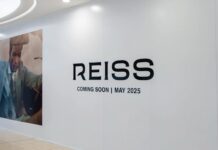Data from Barclaycard, which sees nearly half of the nation’s credit and debit card transactions, reveals that spending on essential items grew 6.1 per cent year-on-year, with a 15.4 per cent rise in supermarket expenditure. This comes as over a quarter (27 per cent) of Brits admit to stockpiling items such as tinned food and toilet roll in case of shortages in the near future.
Spending on non-essential items grew 0.6 per cent, the first rise since February, with strong increases in home improvement & DIY (25.7 per cent) and furniture (28.0 per cent) as the nation spruced up its homes ahead of the winter months. The desire to decorate comes as 30 per cent of Brits say they are spending more on home improvements than usual in case new lockdown restrictions lead to more time inside.
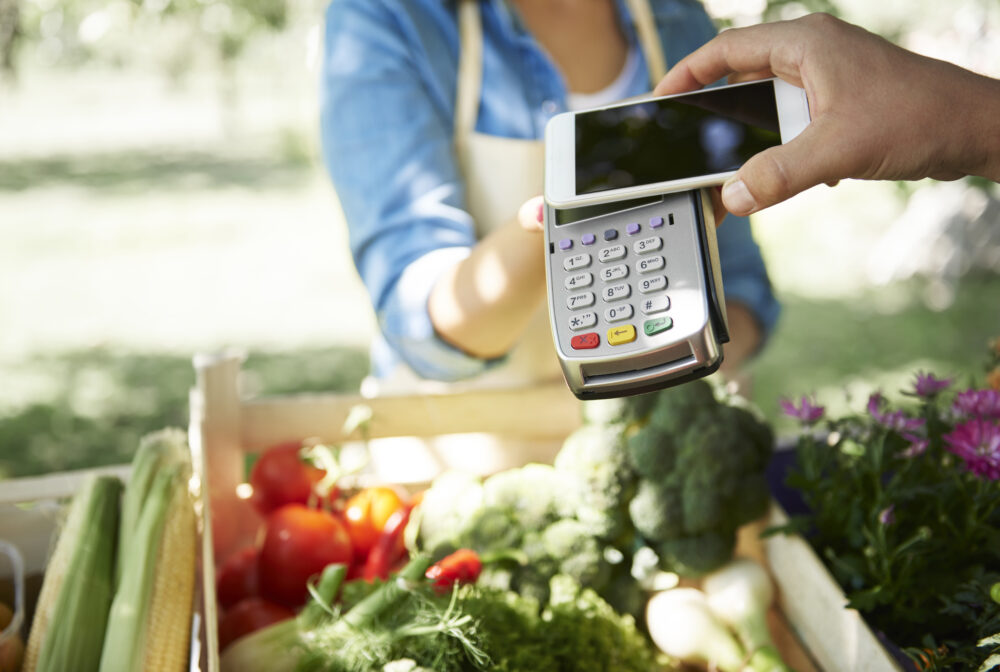
Looking at the high-street, face-to-face spending was down just 1.9 per cent – a notable improvement on August (-6.7 per cent) – suggesting Brits are becoming more comfortable visiting shops. Clothing spend saw a substantial improvement of 4.2 per cent growth, as shoppers invested in autumn/winter wardrobes and parents prepared their children for a return to school. This is a significant improvement on last month’s clothing figure of 0.3%, which was the first growth in the industry since March 2019.
While overall travel declined 63.1 per cent, there were signs that holidaymakers made the most of the warm September weather by choosing staycations over foreign travel. Spending at hotels, resorts and accommodation was down 18.1 per cent, though this shows a significant improvement compared to May (-89.8% per cent) and reflects similar levels seen in August (-19.1 per cent).
Some positive signs of recovery were also seen by the hospitality sector. Spending at bars and pubs* saw a 9.0 per cent rise – the first increase since February – as pub-goers admit to feeling less cautious visiting their local now (44 per cent) compared to August (50 per cent).
Despite restaurant spend declining 18.7 per cent year-on-year, this is a marked improvement on the 39.1 per cent decrease seen in the previous month, indicating that diners continued to take advantage of a range of extended discounts following the official ‘Eat Out to Help Out’ initiative ending in August**. However, despite this popularity, spending on takeaways and fast food saw the highest increase ever (25.8 per cent) as eating at home remained a very popular option.
The nation is also the most optimistic it has felt about the UK economy since March (24 per cent) – an improvement on the 19 per cent seen in August – while confidence in household finances remains high at 70 per cent. Although, this is tempered by over a third (34 per cent) expecting coronavirus or other economic changes to have a direct impact on their income over the next 12 months.
Raheel Ahmed, Head of Consumer Products, said: “Consumers clearly made the most of the sunshine by socialising in September, with spending at pubs and bars seeing the first increase since before the national lockdown was introduced in March. There were also signs that many Brits squeezed in a last-minute summer holiday in the UK, as spending on accommodation stayed at similar levels seen in August.
“However, we also saw households preparing to spend more time inside as winter draws closer, with home improvement increasing as a result. While the nation’s confidence in the UK economy has improved slightly, many are still cautious about the upcoming winter months, and the subsequent uncertainty it may bring has caused some to start stockpiling once more.”




